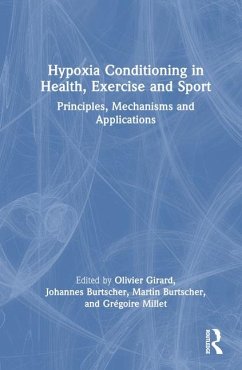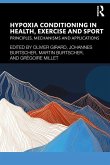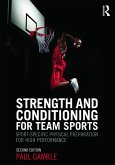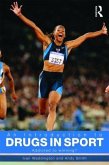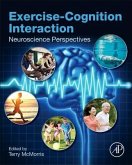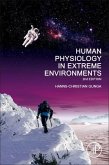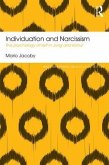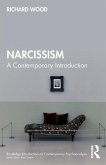While severe hypoxia has detrimental health consequences, the controlled application of hypoxia can be protective and holds great promise as a performance-enhancing and therapeutic intervention. Hypoxia Conditioning in Health, Exercise and Sport: Principles, Mechanisms and Applications delivers an understanding of systemic and molecular mechanisms involved in hypoxia adaptations and examines the most promising forms of hypoxia conditioning with a view to create performance-enhancing strategies for athletes, as well as an offering an examination on clinical applications for numerous pathologies.
This cutting-edge book examines how positive physiological adaptations not only acutely enhance tolerance to hypoxia but can also induce sustained health benefits. This has enabled the development and refinement of approaches utilizing hypoxia, strategies also termed hypoxia conditioning, to improve health and performance outcomes.
By linking research with recommendationsfor real-world situations, this volume will serve as an invaluable resource for students, academics, exercise science professionals and sports medicine specialists, especially those in environmental physiology and coaching subjects.
This cutting-edge book examines how positive physiological adaptations not only acutely enhance tolerance to hypoxia but can also induce sustained health benefits. This has enabled the development and refinement of approaches utilizing hypoxia, strategies also termed hypoxia conditioning, to improve health and performance outcomes.
By linking research with recommendationsfor real-world situations, this volume will serve as an invaluable resource for students, academics, exercise science professionals and sports medicine specialists, especially those in environmental physiology and coaching subjects.
"The book is an outstanding resource for any teacher, student, medical doctor, coach, physiotherapist, athlete and patient willing to extend his/her knowledge in a broad range of existing hypoxic strategies to improve various pathological states and sport performance."
Louise Deldicque, Professor in Exercise Physiology and Sport Nutrition at UCLouvain, Belgium
Louise Deldicque, Professor in Exercise Physiology and Sport Nutrition at UCLouvain, Belgium

